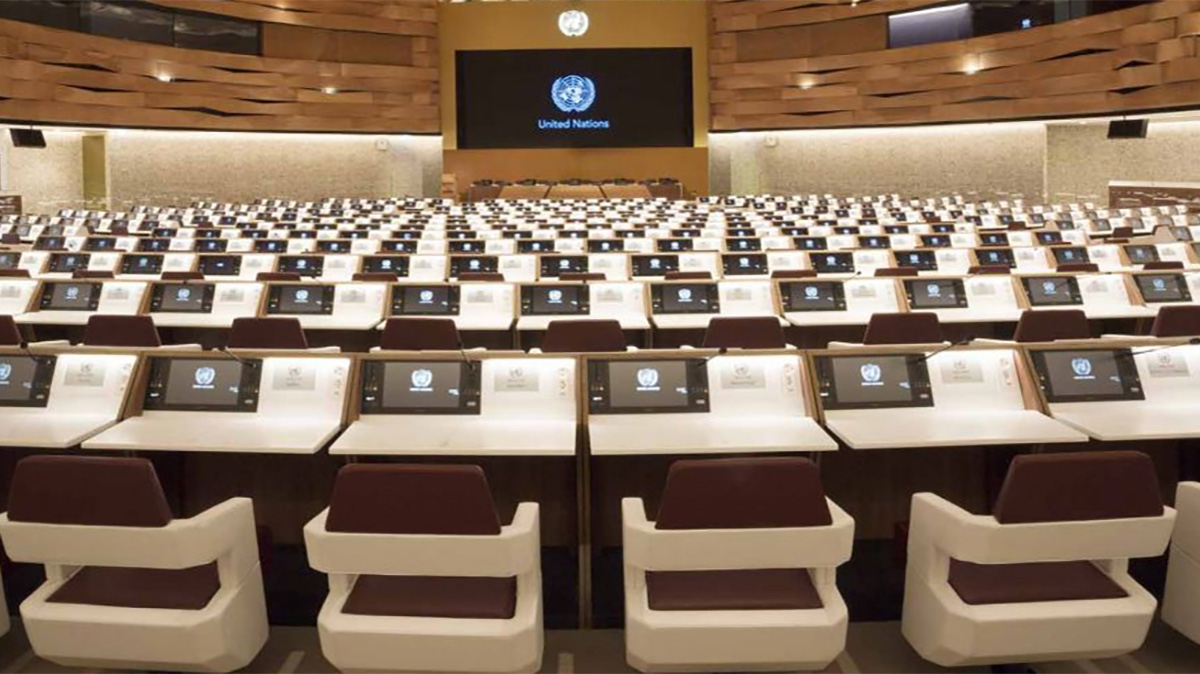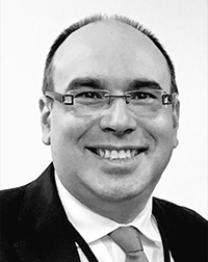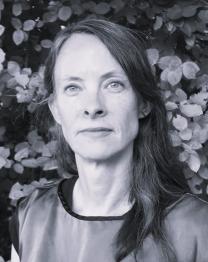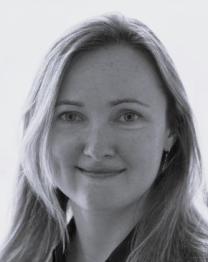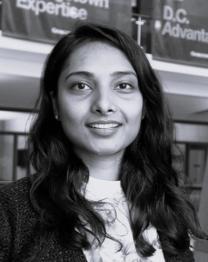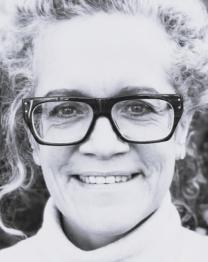During the upcoming Trade and Development Commission, a special session is planned to explore the issue of illicit trade and waste. This form of illicit trade has widespread repercussions for the sustainable development agenda, not least for environmental well-being, human health, and sustainable production and consumption practices.
This session aims not only to dissect the challenges posed by illegal trade in waste but, within an overall development framework, to explore how trade, coupled with better border and domestic governance, can provide positive solutions that contribute to the lasting mitigation of this global problem.
The session will be supported by case studies from technical assistance projects under the UNCTAD-FCDO Sustainable Manufacturing and Environmental Pollution (SMEP) programme, on the subjects of used lead-acid batteries and second-hand clothes trade.
Session Objectives
- Understand the scale, scope, and dynamics of illicit trade flows in solid waste.
- Explore innovative and positive trade measures to tackle the issue of illicit trade and waste, going beyond conventional control and policing methods, and incorporating the wider development and resource circularity perspective.
- Foster collaboration among stakeholders for a comprehensive approach to combat illicit trade in waste.
Participation
The event is open to all participants of the Trade and Development Commission. Online registration is mandatory for all those wishing to attend the event.
Logistics
The event will be held in room XVII of the Palais des Nations, with interpretation in the six official languages of the United Nations.
Miho Shirotori is the Acting Director of the Division on International Trade and Commodities (DITC) of the United Nations Conference on Trade and Development (UNCTAD).
Miho also leads a team of experts that assess how trade agreements, trade in services, and the creative economy contribute to inclusive and sustainable economic diversification.
Her expertise includes “equitable” trade in agriculture for least developed countries, low-income countries, and net food-importing developing countries.
Miho represents UNCTAD in global conferences and various inter-agency activities, including the UN inter-agency task force that monitors the implementation of the Addis Ababa Action Plan for the Financing for Development.
David Vivas Eugui is Chief (a.i) of the Trade, Environment and Sustainable Development Branch at UNCTAD.
Previously, he was a Senior Economic Affairs Officer in UNCTAD’s Trade Negotiations and Commercial Diplomacy Branch, Deputy Programmes Director at the International Centre for Trade and Sustainable Development (ICTSD), Senior Attorney at the Center for International Environmental Law (CIEL), Attaché for Legal Affairs at the Mission of Venezuela to the World Trade Organization (WTO) and Staff Attorney at the Venezuelan Institute of Foreign Trade. David is an international expert with more than 20 years of experience on legal and economic issues.
He has worked as an advisor and consultant for various institutions, international and national organizations and has lectured on intellectual property, trade, oceans economy and environmental law at the University of Strasbourg (CEIPI), Universidad de Buenos Aires (Argentina), Universidad Javeriana (Colombia), Maastricht University (the Netherlands), WIPO Distant Learning Academy, and University of Business and International Studies (Switzerland).
He holds a JD from the Universidad Catolica Andres Bello, an LLM from Georgetown University and a Master in Transnational Business from the Universidad Externado de Colombia.
Shanchita Haque, a career diplomat of Bangladesh, is currently serving at the Permanent Mission of Bangladesh to the United Nations in Geneva as Deputy Permanent Representative. She has deep knowledge and experience in multilateral diplomacy particularly on development issues such as SDGs, climate change, financing for development, graduation, LDC matters, migration and so on. She has represented her country in the negotiations on many global documents including 2030 Agenda and SDGs, Paris Agreement, Addis Ababa Action Agenda, Sendai Framework for Disaster Risk Reduction. She has also worked extensively on human rights and humanitarian affairs, health and labour rights related issues.
Ms. Haque has previously served in the Permanent Mission of Bangladesh in New York and Bangladesh High Commission in New Delhi. At the Headquarters, she worked in different capacities, including as Director for Multilateral Economic Affairs, Director at Foreign Minister’s Office, Senior Assistant Secretary for United Nations.
Ms. Haque obtained a Master’s degree in International Affairs from the Australian National University, Canberra, Australia, and a Master’s degree in English Literature from the University of Dhaka, Bangladesh.
Born in 1976 in Dhaka, Bangladesh, Ms. Haque is married with one daughter.
Professor Tanya Wyatt is a green criminologist with nearly 20 years of experience researching Crimes that Affect the Environment. She joined the United Nations Office on Drugs and Crime’s Research and Trend Analysis Branch in November 2022. Professor Wyatt is the Lead Researcher on Crimes that Affect the Environment.
Before joining UNODC, she was a Professor at Northumbria University in Newcastle, United Kingdom. During this time, she published nearly 100 books, journal articles, book chapters, and reports on Crimes that Affect the Environment. Prior to that, she was a United States Peace Corps Volunteer in Ukraine and a police officer for nearly 5 years in the United States.
Professor Tanya Wyatt holds a BA in Biology from Mills College in Oakland, California, and a Masters in Criminology and Criminal Justice from Eastern Michigan University in Ypsilanti, Michigan, United States. She earned her Doctorate in Criminology from the University of Kent in Canterbury, United Kingdom.
Tatiana Terekhova has a leading role in the partnership programme, engagement with non-state actors, and illegal traffic and trade of hazardous chemicals and waste under the Basel, Rotterdam and Stockholm Conventions. Tatiana implements a number of capacity-building activities, including in relation to marine pollution and plastic wastes. She supports the newly launched process to improve the trade control mechanism under the Basel Convention. She deals with the Sustainable Development Goals, in particular its indicators. Prior to this function, she was coordinating capacity-building activities for the implementation of the Basel, Rotterdam and Stockholm Conventions Convention, including the E-waste Africa programme.
She has been in the United Nations family for 20 years. This includes the UN Environment Programme and the UN Institute for Training and Research where she provided assistance to developing countries and countries in economy in transition in various areas of sound chemicals and wastes management. She has a background in international environmental law and law degrees.
Amrita Kundu is an Assistant Professor of Operations and Analytics at the McDonough School of Business. Her expertise is in circular supply chains, business model innovation, technology adoption and small firm operations in emerging markets. She works with large corporations, startups and national and international policy makers to develop, design and implement interdisciplinary solutions for businesses to create social value and improve environmental sustainability. Her research has been published in journals such as Management Science and Manufacturing & Service Operations Management. She has won numerous research grants and is a frequent speaker at academic, policy and industry events on sustainability, social development and the role of the private sector.
Amrita completed her postdoc at Stanford Graduate School of Business and the Stanford Woods Institute for the Environment, Ph.D. in management science and operations at London Business School, and Masters in environmental systems engineering at Johns Hopkins University. Previously, she worked at the World Bank.
Michelle Wilson is an experienced senior international development professional with 18 years’ experience in Sub Saharan Africa and Asia. She spent 7 years living and working in Uganda, the Democratic Republic of the Congo, and Sierra Leone and has since supported projects in Sub Saharan Africa, India and Viet Nam. Her passion and experience is developing inclusive value chains across a range of sectors including agriculture, agroforestry and currently, waste management.
She is currently Director of Programmes at WasteAid and oversees WasteAid’s Uganda Circular Textiles Project (funded by the United Kingdom Foreign, Commonwealth and Development Office through the Sustainable Manufacturing and Environmental Pollution Programme (SMEP)), which is based on Kampala Uganda. Working with local textile and vocational training partners. the aim of the project is to support the development of alternative value chains for secondary textiles that otherwise end up at landfill.
Related
Topic
Trade and environmentProgramme
Project
Event
- Trade and Development Commission, fourteenth session
- 2nd Illicit Trade Forum
- 1st Illicit Trade Forum
Contact
Graham Mott, Ph.D.,
Economic Affairs Officer
Office of the Director
Division on International Trade and Commodities
T.: +41 22 917 4573
E.: [email protected]
Henrique Pacini
Economic Affairs Officer
Division on International Trade and Commodities
T.: +41 22 917 4639
E.: [email protected]

